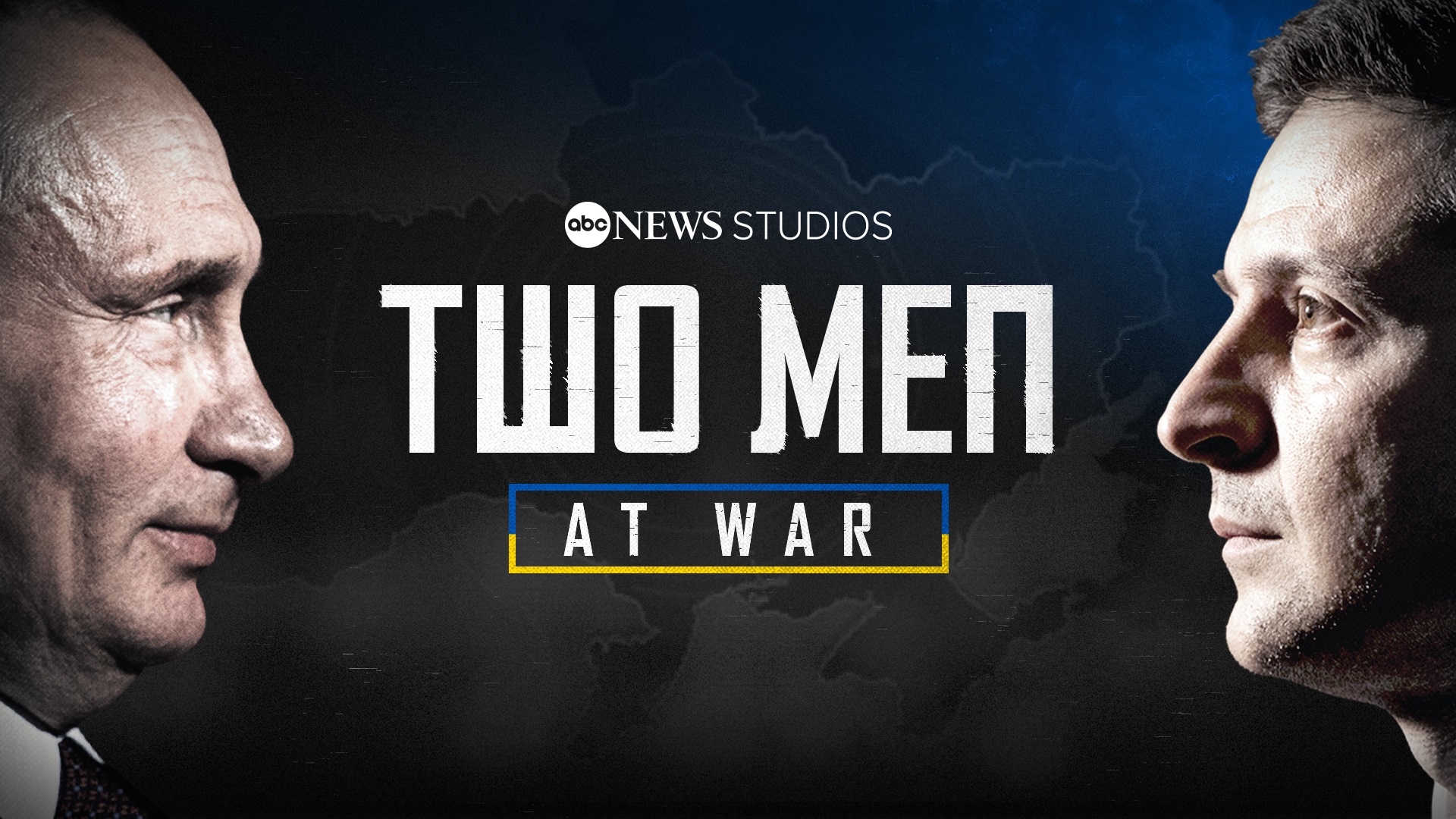Russia-Ukraine updates: Putin says 'certain positive movements' in negotiations
A third round of talks between Russia and Ukraine ended without any resolution.
Russian forces are continuing their attempted push through Ukraine from multiple directions, while Ukrainians, led by President Volodymyr Zelenskyy, are putting up "stiff resistance," according to U.S. officials.
The attack began Feb. 24, when Russian President Vladimir Putin announced a "special military operation."
Russian forces moving from neighboring Belarus toward Ukraine's capital, Kyiv, have advanced closer to the city center in recent days despite the resistance, coming within about 9 miles as of Friday.
Russia has been met by sanctions from the United States, Canada and countries throughout Europe, targeting the Russian economy as well as Putin himself.
For previous coverage, please click here.


Latest headlines:
- Ukrainian air force claims Russia carried out false flag airstrike in Belarus
- UN has credible reports of Russian cluster bomb use, attacks on health care
- Putin claims 'certain positive movements' in Ukraine negotiations
- Russian general prosecutor wants Meta declared 'extremist organization'
- Putin orders Russian military to help volunteer fighters from Middle East travel to Ukraine
Nearly 100% of committed Russian combat power in Ukraine: US defense official
A senior U.S. defense official said on Monday that Russian President Vladimir Putin has committed nearly "100% of his combat power" into Ukraine.
"We now assess that Mr. Putin has committed nearly 100% of his combat power into Ukraine. And by combat power, I mean that combat power that he had amassed along the border with Ukraine and in Belarus," the defense official said.
The official also said reports that Russia is attempting to recruit Syrians to sign up and fight in Ukraine appear to be accurate.
"We find that noteworthy that he (Putin) believes that he needs to rely on foreign fighters to supplement what is a very significant commitment of combat power inside Ukraine as it is," the official said.
The official said Russia has launched more than 625 missiles against Ukraine since the invasion began on Feb. 4. He said Russia has increased its use of "long-range fires" to compensate for a lack of movement in its forces on the ground.
"So, we certainly have noticed increases in what we call long-range fires -- bombardment, rocket attacks, artillery, as well as missile strikes," the official said.
-ABC News' Matthew Seyler
3rd round of Russia-Ukraine cease-fire talks end
The third round of cease-fire talks between Ukraine and Russia took place in Belarus Monday and produced incremental steps forward, according to the lead Ukrainian negotiator.
Following the meeting, the third in eight days, lead Ukrainian negotiator Mykhailo Podolyak tweeted, "There are small positive movements forward in improving the logistics of humanitarian corridors... Intensive consultations have continued on the basic political block of the regulations, along with a ceasefire and security guarantees."
Ukrainian authorities have claimed efforts to evacuate its citizens out of the country have been disrupted by Russian forces shelling the humanitarian corridors Moscow agreed to in a cease-fire.
-ABC News' Patrick Reevell
EXCLUSIVE: Zelenskyy tells David Muir why no-fly zone is necessary
In an exclusive interview with ABC News anchor David Muir, Ukraine President Volodymyr Zelenskyy stressed that the United States and NATO should establish a no-fly zone over his country to stop Russian missiles from hitting civilian targets like a university dormitory and a pediatric clinic.
"Mr. President, as you know, the president [Joe Biden] and NATO have said no to this no-fly zone because of concerns this could trigger a much wider ... conflict, a much bigger war than what we're seeing already because there would have to be a willingness to shoot Russian planes outta the sky. Do you understand that concern?" Muir asked.
Zelenskyy, speaking to Muir from the Presidential Office in Kyiv, said that while Biden and NATO have refused to impose a no-fly zone, Russian missiles continue to target civilians, adding that he believes Russian missiles should be shot out of the sky.
"You have to preserve lives. There ... were simply kids there with tumors," Zelenskyy said of the missile strike on the pediatric clinic. "And in the university, there were ordinary students. I'm sure that the brave American soldiers who would be shooting it down knowing that it is flying towards the students, I'm sure that they had no doubt in doing so."
White House mulling Russian oil ban without European allies participating: Official
The White House indicated on Monday that it was considering a ban on Russian oil even without the support of its European allies, an official with the National Security Council told ABC News.
Europe relies much more on Russian oil and gas than the United States does and would likely see much higher prices if such a significant chunk of their energy imports were suddenly cut off.
If the United States banned Russian oil imports without Europe doing the same, the impact on Russia would be much smaller than if the U.S. and Europe worked in concert. Russia exported 1% of its oil exports to the United States in 2020.
Moving forward without Europe would also be a departure from Biden’s approach of working in lockstep with Europe on sanctions against Russia.
Bloomberg reported Sunday night that the Biden administration was weighing this move.
-ABC News' Ben Gittleson